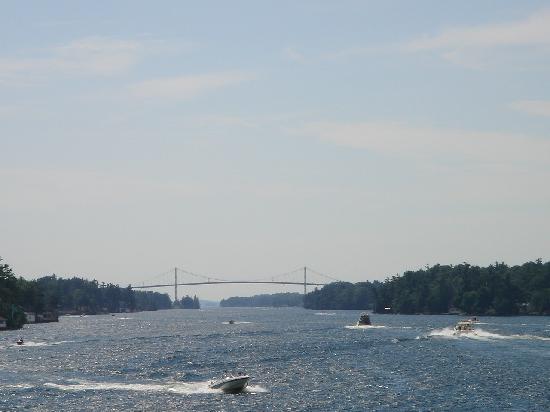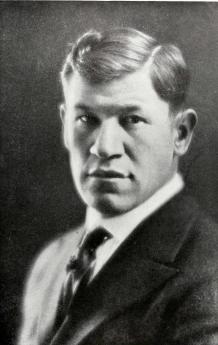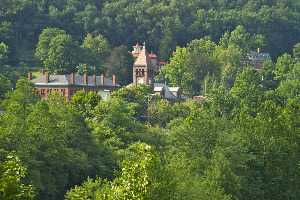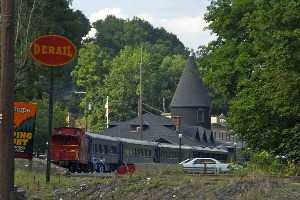Related Topics
Northern Overland Escape Path of the Philadelphia Tories 1 of 1 (16)
 Grievances provoking the American Revolutionary War left many Philadelphians unprovoked. Loyalists often fled to Canada, especially Kingston, Ontario. Decades later the flow of dissidents reversed, Canadian anti-royalists taking refuge south of the border.
Grievances provoking the American Revolutionary War left many Philadelphians unprovoked. Loyalists often fled to Canada, especially Kingston, Ontario. Decades later the flow of dissidents reversed, Canadian anti-royalists taking refuge south of the border.
Central Pennsylvania
"Alabama in-between," snickered James Carville, "Philadelphia, Pittsburgh, and Alabama in-between."
Mauch Chunk, Jim Thorpe, and All That

|
| Jim Thorpe, Himself |
Hundreds of millions of dollars were made in the anthracite mines during the 19th Century, and then Henry Frick invented a way to make steel with coke, a product of bituminous coal. Consequently, the steel industry moved from the Lehigh Valley to the Ohio Valley, greatly transforming the image of both the Philadelphia and Pittsburgh regions. While the town of Mauch Chunk was prospering, it was the center of activity of a financier named Asa Packer, whose mansion dominates what is left of the town in the mountains, next to a graceful church, a railroad abandoned except for scenic tourist rides, and subdued economic desperation. The mountainous valley on the north side of Blue Mountain called itself Pennsylvania's Switzerland, and it was once a scenic gem indeed, but is now choking up with traffic trying to get through the narrow passage down the hill. One of the relics of former prosperity is an Opera House, now used for rock concerts and related events in an effort to re-establish the town as an entertainment center.

|
| The Town of Jim Thorpe |
John O'Hara wrote some stories using Mauch Chunk as the setting, and that author is getting to be better appreciated now that his level of bawdiness is more or less the norm. Being better appreciated is of course not the same thing as selling a lot of books, so it is now uncertain whether the transformation was mainly artistic or financial. There is no doubt that coal regions the world over tend to be pretty rough districts.

|
| Old Mauch Chunk Station |
Perhaps it was Asa Packer or some other financier who started the tradition of this town pushing the publicity button pretty hard. The town rightly promotes itself as a charming inexpensive place to spend a quiet weekend visiting the sights, including a ride on the now-abandoned rail line through the scenic mountains, the Asa Packer mansion, antique shops and that sort of thing. The Pennsylvania Switzerland moniker suggests a touch of the P.T. Barnum approach, although a fairly innocent one. But buying Jim Thorpe's body is on quite another level. There is very little question that this offspring of an Irish father and an Oklahoma Indian mother was a natural athlete of the very highest skill; whether he was mainly an Indian or mainly an Irishman is more debatable. Thorpe played professional football and professional baseball with distinction, after winning boxes full of Olympic track medals. Dwight Eisenhower played football against him once and expressed genuine admiration for the talent he encountered. Unfortunately, he had his medals taken away because it was discovered he had played for money before he was competing for the amateur Olympic prizes. After growing too old for athletics he turned into a chronic alcoholic with associated erratic behavior, embarrassing to his admirers. When he died, members of his family sold his body to the downtrodden town of Mauch Chunk, which renamed itself Jim Thorpe and greatly expanded its publicity efforts. His son has lately sued to have the body returned to Oklahoma, creating still more publicity, not all of it congratulatory.
It's sort of a sad story, but the Town of Jim Thorpe is only five miles from the Mahoning Valley exit of the Pennsylvania Turnpike extension. It's not hard to go satisfy yourself of the fairness of all this uproar.
Originally published: Tuesday, August 03, 2010; most-recently modified: Thursday, May 23, 2019